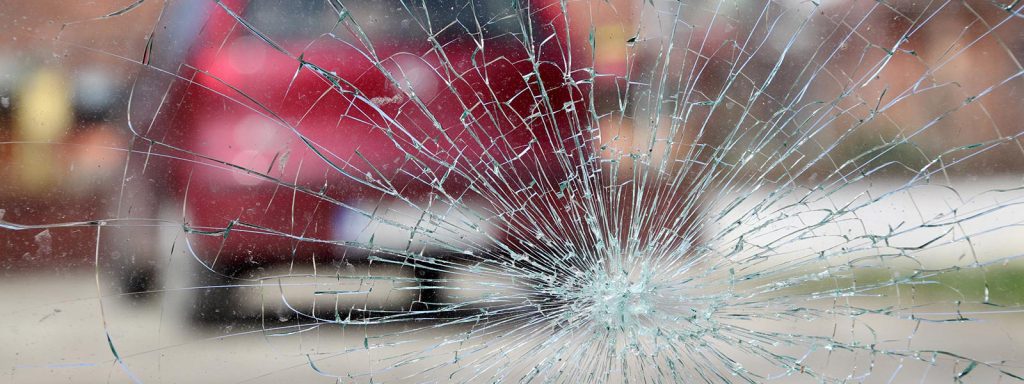Carbon monoxide (CO) is called “the silent killer” because it is colourless, odourless, tasteless, and nearly impossible to detect without proper equipment. And most dangerously, carbon monoxide is highly toxic, and exposure to elevated levels of carbon monoxide can result in serious illness, long-term health complications, and even death.
While this is true in all types of dwellings, in rental properties, carbon monoxide exposure is often the result of landlord negligence. This includes maintenance of gas-powered appliances, poor ventilation, or the absence of functioning carbon monoxide detectors. If you’ve been exposed to carbon monoxide in your rental unit and suffered harm, you may be entitled to sue for damages.
What Is Carbon Monoxide Poisoning?
The incomplete combustion of fuels like gas, oil, wood, and coal creates carbon monoxide. In homes and rental properties, carbon monoxide can come from furnaces, water heaters, gas stoves, fireplaces, space heaters, and cars that don’t have proper maintenance or ventilation.
The Canadian Red Cross stated that carbon monoxide poisoning sends over 300 Canadians to the hospital every year, tragically resulting in approximately 50 deaths annually. Sadly, these deaths could have been prevented with proper safety steps in place.
What is the Landlord Responsible for CO Safety in Ontario? < —When Is a Landlord Liable for Carbon Monoxide Safety in Ontario?
In Ontario, the rental property’s landlord must ensure that all units meet basic safety standards, including protection from carbon monoxide exposure. Under the Ontario Fire Code , fire alarms AND carbon monoxide alarms are mandatory in all homes with fuel-burning appliances, fireplaces, or attached garages. Failure to comply with this regulation can result in fines and may also form the basis for a civil lawsuit if a tenant is harmed because of a landlord’s negligence.
In Which Carbon Monoxide Related Situations Can a Tenant Sue?
Rental property landlords owe tenants a legal duty of care to provide a safe. This includes ensuring that all major appliances like stoves and furnaces are in good working order with proper ventilation and that carbon monoxide and smoke detectors are correctly installed and functioning.
If a landlord has not installed carbon monoxide alarms at the rental location, does not maintain appliances in safe working condition with proper ventilation, or ignores reports of potential hazards, they can be considered in breach of their duty of care. This negligence means they can therefore be liable for damages stemming from any serious events that may take place.
There must be a clear connection between the landlord’s failure to provide their proper duty of care and the serious injury that has taken place. This can require expert reports, medical records, and evidence like maintenance logs or inspection reports. And to succeed in a personal injury carbon monoxide poisoning claim, the tenant must have suffered actual serious harm. This could include physical injury, cognitive impairment, emotional distress, lost income, medical expenses, or, in the most extreme event, wrongful death.
Examples of Successful CO Carbon Monoxide Poisoning Lawsuits
Courts across Canada and the United States have held landlords accountable for carbon monoxide poisoning when their negligence has contributed to the incident. Here are some examples of situations carbon monoxide poisoning cases where landlords were deemed liable…
– A family in Ontario, Canada, that experienced long-term health effects because of exposure to chronic low-level carbon monoxide caused by a malfunctioning wall furnace was awarded $345,000 in damages after experiencing long-term health effects.
– A woman in Michigan who suffered from carbon monoxide poisoning caused by a faulty apartment furnace received a $950,000 settlement.
– A California-based tenant who was exposed to carbon monoxide from a water heater that did not have proper ventilation settled her case for $125,000.
– A family in North Carolina received $12 million in damages after their child died due to carbon monoxide exposure in a hotel that did not have proper CO detection equipment.
Long-Term Health Impacts of Carbon Monoxide Exposure
While carbon monoxide poisoning can lead to immediate symptoms like headaches, nausea, dizziness, and confusion, long-term or repeated exposure can lead to much more serious consequences like memory loss, cognitive deficits, heart problems, neurological damage, and potential death.
If you believe you have suffered from undiagnosed CO exposure, it is essential to speak to a medical professional and document your symptoms immediately. Beyond that, contact your local fire department, as they will do a complimentary check of your location to ensure it is free from any carbon monoxide exposure.
Carbon Monoxide Detector Laws in Ontario
Ontario laws regarding Carbon Monoxide protection were last updated in October 2014, when it became mandatory for carbon monoxide detectors to be installed near all sleeping areas in residential buildings with fuel-burning appliances or attached garages. Landlords must ensure the alarms are installed and functional, test and maintain the alarms regularly, and replace any malfunctioning alarms or any that stop working.
Tenants in rental properties are advised to report any missing or broken carbon monoxide detectors in writing, as it creates a communication trail. If a landlord does not respond promptly, the tenant should contact the local fire department to help perform any essential duties.
What If the Property Is a Short-Term Airbnb or VRBO Rental?
The same duty of care is required for long-term rentals like Airbnb and VRBO locations. While these platforms often include disclaimers, courts have shown a willingness to allow claims to proceed where negligence has been a significant contributing factor to harm. If you were exposed to carbon monoxide while staying in a short-term rental, you may still have legal options, notably if the listing failed to include working CO detectors or improperly maintained appliances.
Contact Bergel Magence for Help
For over 50 years, the legal team at Bergel Magence Personal Injury Lawyers has represented tenants and individuals who have suffered serious injuries due to the negligence of landlords and unsafe rental conditions. We fight on behalf of our clients and help them get the justice and compensation they deserve after being seriously injured.
If you or a loved one has been harmed by carbon monoxide exposure, you may be entitled to compensation for medical bills, lost wages, pain and suffering, and more.
Our legal team can help you determine whether you have a valid claim, collect the necessary evidence, and guide you through the legal process. We will fight for you and your family, letting you focus on recovery. Contact Bergel Magence today to schedule a complimentary consultation.


























